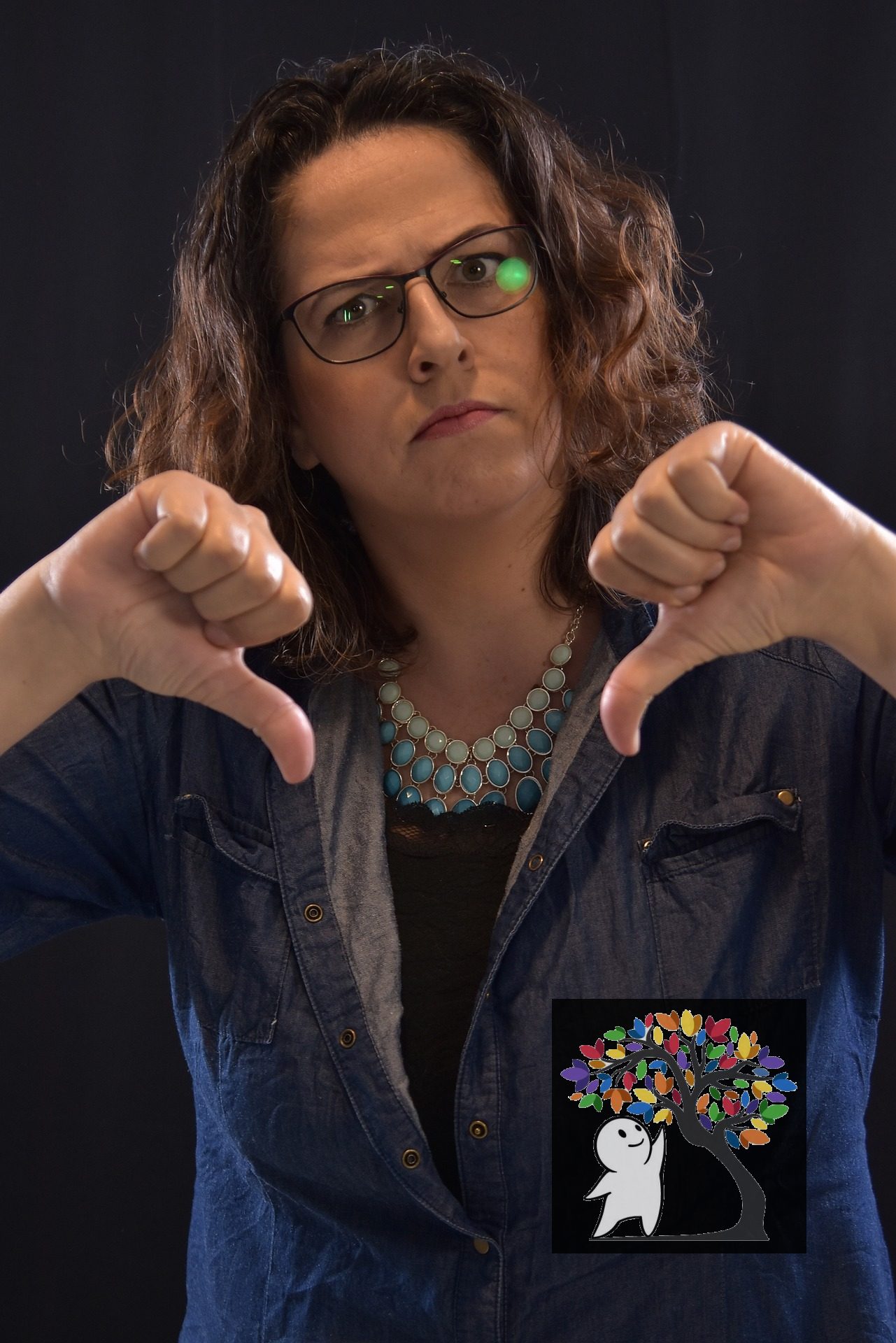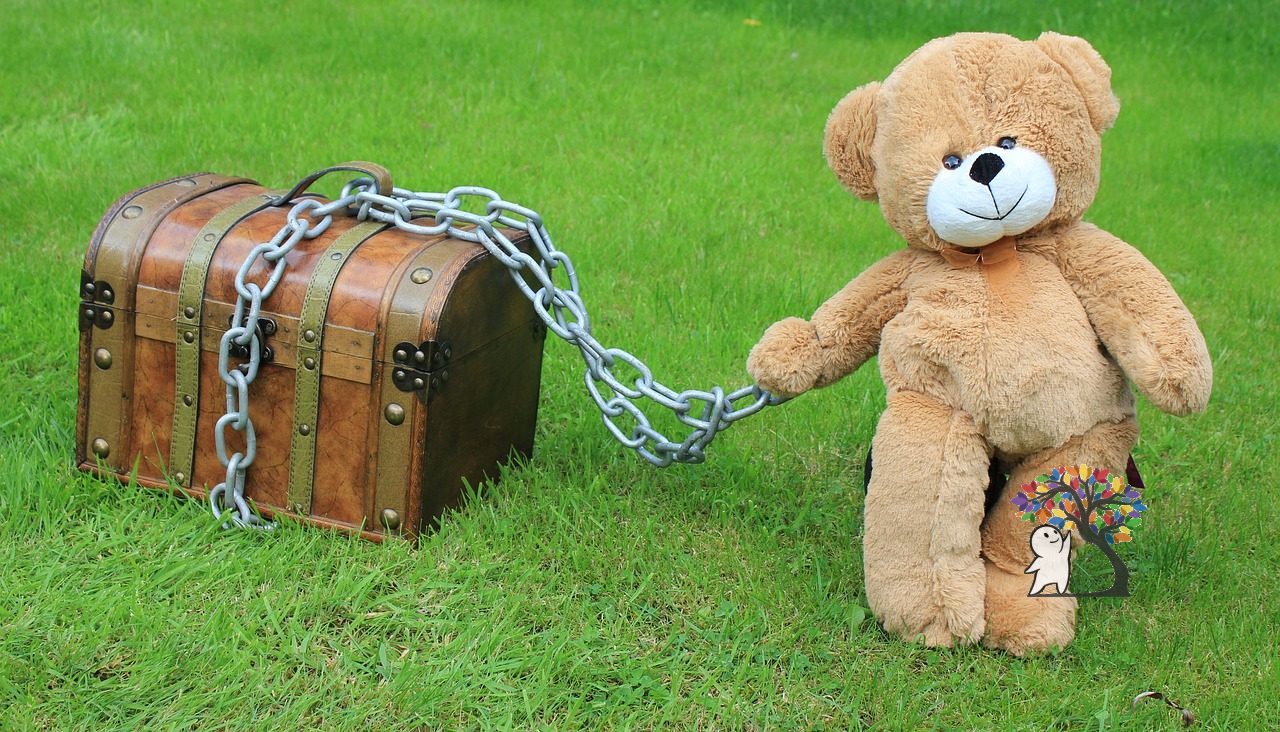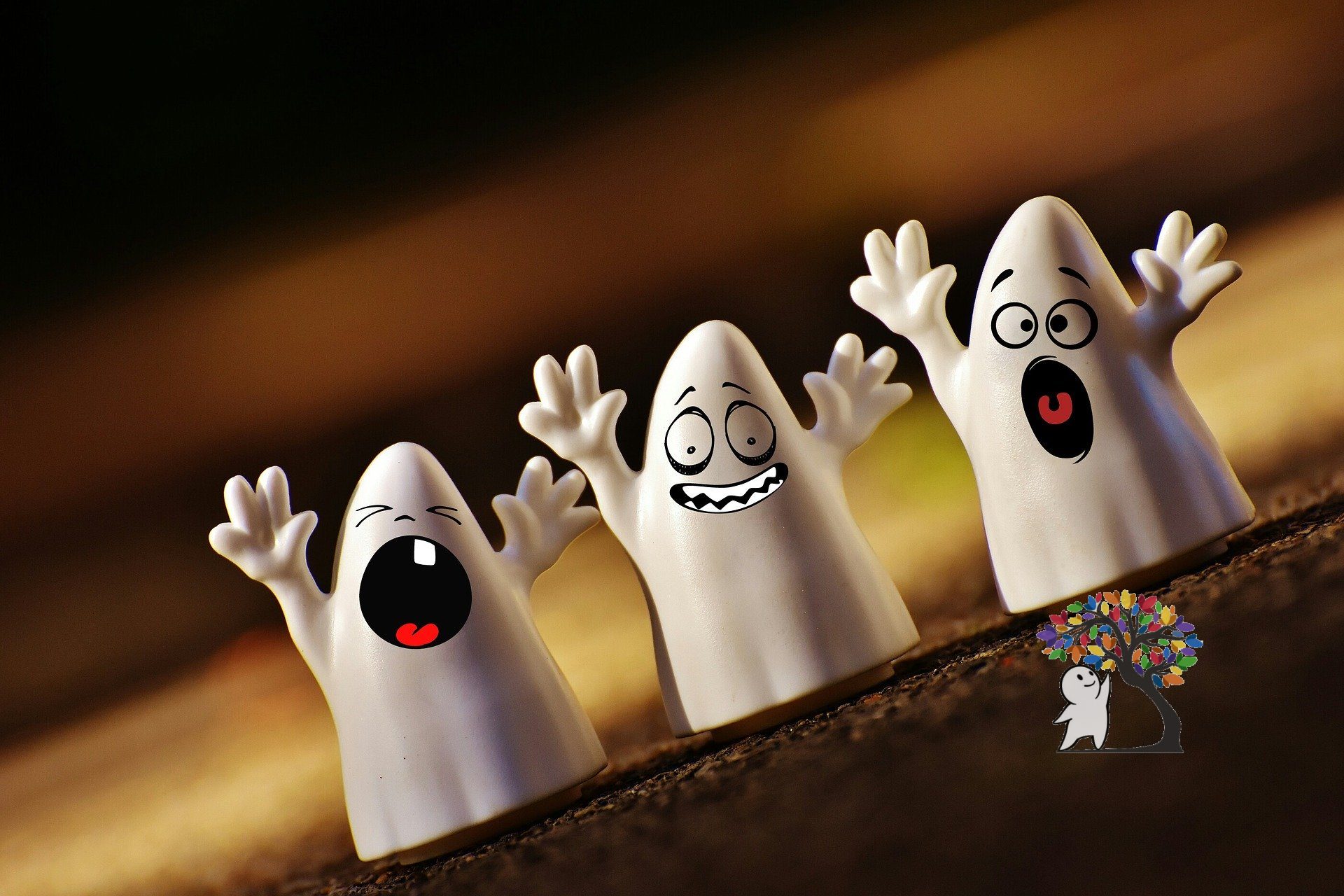5 Types of Toxic Friendships

Introduction
Friendship plays an important role in our lives. However, we aren’t always blessed with having reliable and trusting friends around us. Have you ever felt like this in your experience? If so, this video suggests 5 types of toxic friends that you have to be aware of.
Type 1: The criticizer
They are the ones who like to draw trivial comparisons between you and the other friends they encounter. For example, they like to criticize you for not changing yourself and they complain that you should be in a certain way in order to meet their expectations like whoever else. Toxic friends are never satisfied with letting you be the way you naturally are. This makes you feel uncomfortable around them. Interestingly, they do not see any negative behaviors in themselves, but they somehow always point their fingers at you when they are trying to compare you with others, yet you actually did not do anything wrong and you are just being who you naturally are (TEDxTalks, 2016).

Type 2: The mood influencer
When your friends ask you to hang out or want to talk to you, how do you feel? Do you look forward to it or do you feel dread and worry? Usually, as a non-toxic friend feels sad, we may stay along with them as a side-companion of support naturally. We normally are the ones who actively ask, “What’s wrong?” to begin with. However, when a toxic friend feels sad, there is a high likelihood for him or her to forcefully drag you into the emotional roller-coaster with them as well. For example, if they are being scolded by their boss or someone offended them, they will pour out their complaints before you could give them a response, they have already assumed you would listen to them (TEDx Talks, 2016).

Type 3: The “busy” person
Whenever you feel down or upset, does your friend use excuses to prevent talking to you? They don’t care if you fail your test, sprain your ankle or your partner has just dumped you. Although they have time to attend to their own “business”, they don’t really bother to spare their time to talk to you or enjoy your time together (TED-Ed Student Talks, 2019). The friendship between you two is imbalanced because they anticipate you to be there as they vent their feelings out.

Type 4: The shameless one
We as humans make mistakes in our lives and a lot of us are willing to learn from those mistakes and change. However, if a toxic friend has done something wrong and we point it out, they may not always admit it. They will typically blame others to avoid taking responsibility for their actions. Even if they apologize, it may not sound sincere and they eventually returned back to their original behavior that we despise. They may say things like “I’m sorry you feel that way”, instead of “I’m sorry. I made a mistake. For instance, if you explain to your friend about how his or her attitude hurts you, they will fail to put themselves in your shoes and view from your perspective. Rather, they will blame you for causing the change in their behavior (TED-Ed Student Talks, 2019).

Type 5: The ghost
Think of a friend you met before inside your head. Then, think about the conversations. Who is usually the one who starts the conversations? Do you guys take turns almost equally each time? Frankly, toxic friends do not actively pursue a discussion with you unless they need help from you. They are more or less a vampire or parasite. Other than that, they often stay silent or they have read your message, but never reply. It is understandable that someone can be forgetful or busy, but if this phenomenon persists over time, this is one of the red flags of toxic friendships (TEDx Talks, 2016).

Conclusion
Do you resonate with this video? Leave a comment below to share your thoughts! If you are interested, the referenced sources are listed for further viewing and reading.
References
TEDx Talks. (2016, December 21). Sharon Livingston: 8 signs of a toxic friendship. Retrieved from https://www.youtube.com/watch?v=-94Ql0UphdA
TED-Ed Student Talks. (2019, May 17). Leo Hamric: What can you do when a friendship becomes harmful? Retrieved from https://www.youtube.com/watch?v=2pzZX33z-qE


Responses